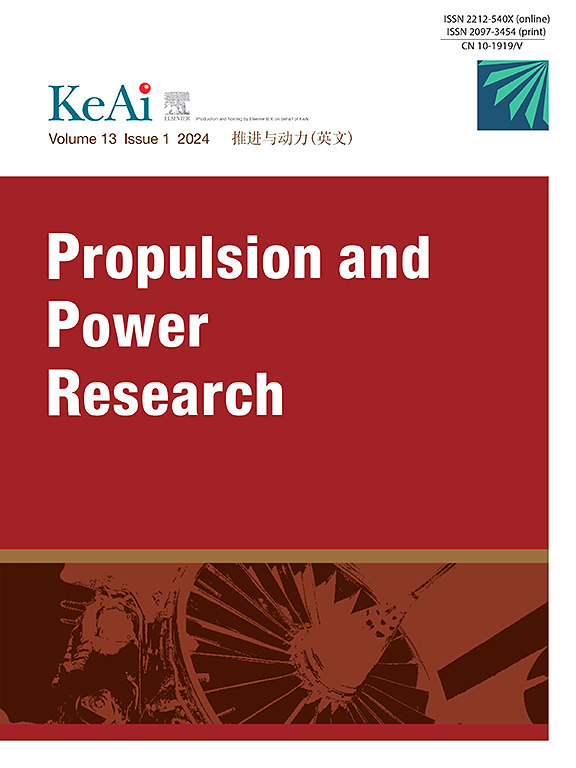One of the crucial factors affecting the carrying capacity of the cryogenic liquid launch vehicle is the effective volume of the tank. Theoretical and experimental investigations on vortex breaker mechanisms have proposed promising schemes applied in the oxygen tank of the liquid-propellant launch vehicle to ensure the normal operation of the engine. In this paper, the liquid surface profile functions of the laminar core when the vortex generates were derived based on the Rankine vortex model. The dimensionless residual volume V/d3 and the Froude number were applied to compare the theoretical prediction of critical height with the actual simulation data of liquid oxygen. This comparison method can improve the model's accuracy. The efficiency of different basic shapes of vortex breakers was tested by conducting CFD modelling on a non-vertical outflow tank under a specific operating condition. Simulation results suggest negligible effects of heat transfer and surface tension. A circular plate is considered the optimal vortex breaker shape in traditional vertical outflow tanks, while a higher optimize efficiency was discovered in the half baffle basic shape in a non-vertical outflow tank by comparing the dimensionless residual volume and flow coefficient. A 34.26% reduction in flow resistance of half baffle breaker can be reached when applying a twenty-degree outlet pipe chamfering setting compared to a zero-degree chamfer. Considering practical operating limitations, it is concluded that a vortex breaker mechanism in a half baffle basic shape with a radius of 2.5d and a height of 4/d is the optimal scheme, which is suitable for all types of tanks. Its optimization efficiency of the residual volume reduction is about 56.68% compared to a no-breaker installation case. Lastly, a general equation based on CFD simulation for predicting the residual volume under a certain outflow velocity was proposed: , which trend is consistent with that of mathematical prediction . This consistency proves the accuracy and applicability of optimization strategy in this paper.


